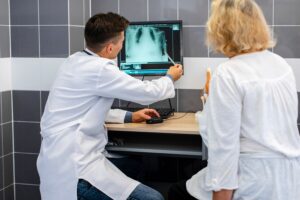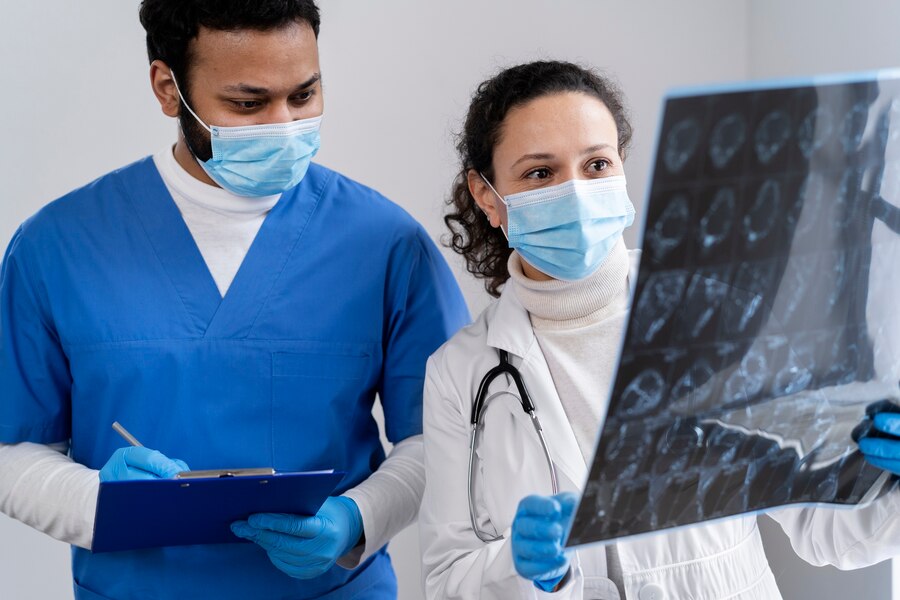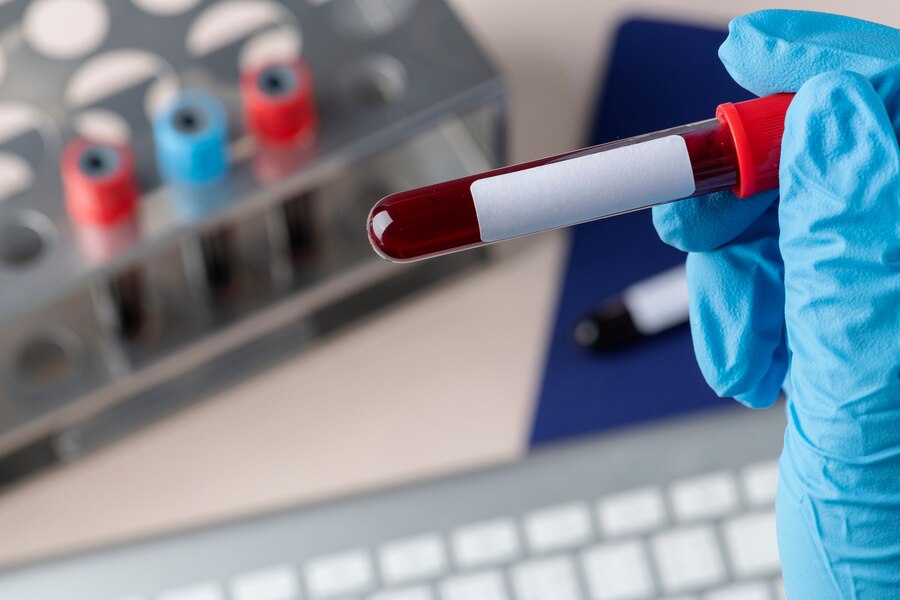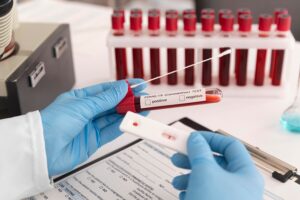X-rays are a cornerstone of medical imaging, providing valuable insights into the body’s internal structures. Laboratory services for X-rays help healthcare providers diagnose, monitor, and treat a range of medical conditions by delivering clear, high-resolution images. From bone fractures to detecting tumors, X-rays play an essential role in patient care.
This article delves into the importance of laboratory services for X-rays, explaining how X-ray imaging works, the types of X-rays, their uses, and how these services contribute to better health outcomes. We will also answer common questions regarding X-ray services, ensuring you understand their significance in modern healthcare.
Common Types of X-ray Examinations
- Chest X-ray:
- One of the most common X-ray examinations, chest X-rays provide images of the heart, lungs, and blood vessels in the chest.
- They are used to diagnose conditions such as pneumonia, lung cancer, heart failure, and other respiratory problems.
- Abdominal X-ray:
- Abdominal X-rays provide images of the abdomen, including the stomach, intestines, liver, spleen, and kidneys.
- They are used to diagnose conditions such as bowel obstruction, appendicitis, and kidney stones.
- Bone X-rays:
- Bone X-rays are used to examine bones and joints for fractures, dislocations, arthritis, and other abnormalities.
- Common areas examined include the hands, wrists, arms, legs, feet, spine, and pelvis.
- Dental X-rays:
- Dental X-rays are used to examine the teeth and jawbones, helping to identify cavities, infections, and other dental problems.
- Other X-ray Examinations:
- Other types of X-ray examinations include:
- Barium X-rays:
- Used to examine the digestive tract.
- Myelogram:
- Used to visualize the spinal cord and nerves.
- Mammography:
- Used to screen for breast cancer.
- Barium X-rays:
- Other types of X-ray examinations include:
The Importance of Laboratory Services for X-rays in Healthcare

- Accurate Diagnosis:
- X-ray images provide valuable information for diagnosing a wide range of medical conditions, from bone fractures and lung infections to digestive disorders and certain types of cancer.
- Treatment Planning:
- X-ray images help guide treatment decisions by providing detailed information about the location and extent of the condition.
- Monitoring Treatment Progress:
- X-rays can be used to monitor the progress of treatment, such as the healing of a fracture or the effectiveness of a particular therapy.
- Early Detection:
- Regular X-rays, such as mammograms and chest X-rays, can help to detect certain medical conditions early, when they are most treatable.
- Improved Patient Outcomes:
- By providing accurate and timely diagnostic information, X-ray services contribute to improved patient outcomes by enabling early diagnosis, appropriate treatment, and better overall health management.
Choosing a Reputable X-ray Laboratory
- Experience and Expertise:
- Choose a laboratory with experienced and qualified radiologists and technologists who are proficient in performing and interpreting X-ray examinations.
- Advanced Technology:
- Look for laboratories equipped with modern, high-resolution X-ray equipment that provides clear and detailed images.
- Patient Safety:
- Ensure the laboratory prioritizes patient safety and employs appropriate radiation safety measures to minimize patient exposure.
- Convenience and Accessibility:
- Choose a laboratory that is conveniently located and offers flexible appointment scheduling options to meet your needs.
- Accreditation and Certifications:
- Look for laboratories that are accredited by recognized organizations and comply with relevant safety and quality standards.
Frequently Asked Questions (FAQ) about Laboratory Services for X-rays
Q1: How do I prepare for an X-ray?
A1: Generally, no special preparation is required for most X-ray procedures. However, certain procedures, such as abdominal X-rays or mammograms, may require specific instructions like fasting or wearing loose clothing.
Q2: Is X-ray imaging safe?
A2: X-ray imaging is considered safe when used properly. Laboratories take precautions to minimize radiation exposure, and advancements in technology have made X-ray imaging safer than ever.
Q3: How long does an X-ray take?
A3: Most X-ray procedures take just a few minutes to complete. The entire process, including preparation and image processing, usually takes between 10 and 30 minutes.
Q4: Will I feel any pain during an X-ray?
A4: No, X-ray imaging is non-invasive and painless. You may need to stay still during the procedure, but there is no discomfort associated with the X-ray itself.
Q5: How soon will I get my X-ray results?
A5: Results are typically available within a few hours to a few days, depending on the type of X-ray and the laboratory’s workload. Your healthcare provider will explain the results to you.
Conclusion
X-ray technology plays a vital role in modern healthcare, providing valuable diagnostic information for a wide range of medical conditions. By choosing a reputable laboratory that utilizes advanced technology and prioritizes patient safety, individuals can ensure they receive high-quality X-ray services that contribute to their overall health and well-being.
Contact our Laboratory services for advanced x-ray imaging (469) 200-5974 or visit us https://scclittleelm.com/



